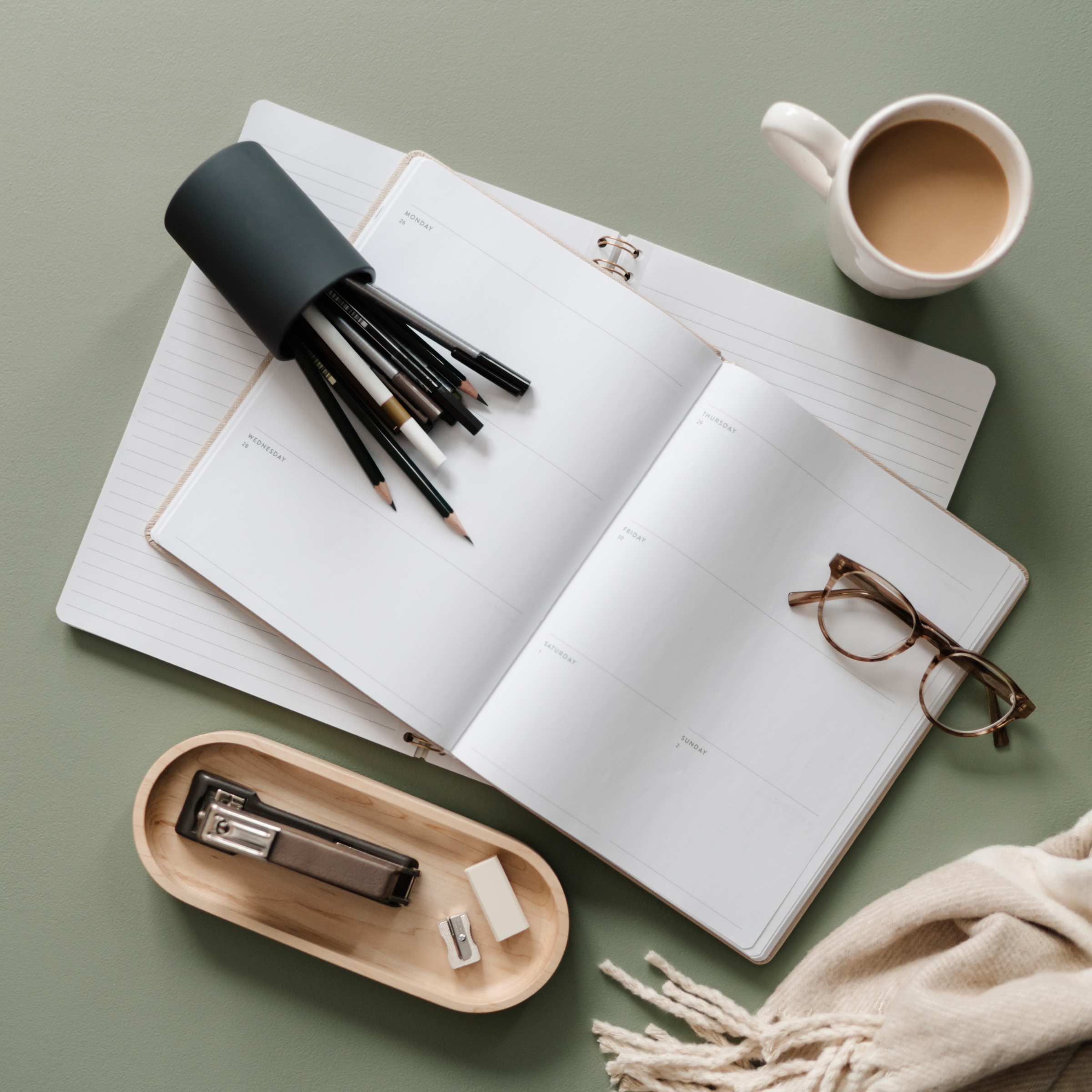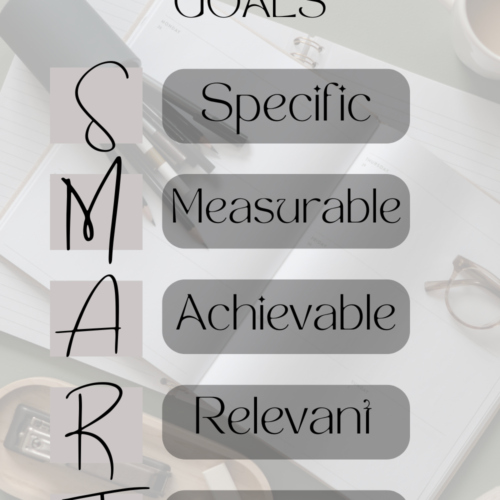
Have you ever felt like your life is in complete chaos? Yeah, I've been there. Then, I decided to get a daily planner. I can't tell you how many appointments I've missed or meetings with friends I've forgotten about because I didn't write them down.
Here's the thing, though: I got tired of forgetting things, feeling like a failure, and being in a constant cycle of chaos. Therefore, I got a planner. The first one I ever bought was $5 at Walmart; it was nothing fancy, but it got the job done. I've had all kinds of planners, from Walmart-bought to a fancy and expensive A5 binder with planner inserts to digital planners, and I must say the digital planners are my favorite. The digital versions make it easy to see what you have planned anywhere. However, it doesn't matter what planner you choose because they all do the same thing. I'm just a little different and like to try a variety of planners.
Here are some proven (by me) reasons that having a daily planner will empower your life.
This post is all about having a daily planner
Maintain Your Schedule with a daily planner
I started using a daily planner when I was in college, and boy, was it a game-changer for me. My life seemed so hectic, and it was hard to keep up with when and where I had to be, assignment due dates, and exam days. There were a lot of assignments that I had forgotten about and ended up having to bust out in one night to get submitted on time, and honestly, it was just really stressful. When I started keeping track of my schedule and assignments, I felt way more relaxed and on top of things. Even after college, I continue to use my planner because it gives me a sense of control over my life, and I know I won't forget things.
My planner helped/helps me keep track of things like:
- Class days and times
- Assignment due dates
- Clinical days
- Exam dates
- Doctor appointments
- Hangouts with friends
- Upcoming vacations
And so so much more...
Effectively managing your schedule improves time management and reduces stress caused by an unorganized schedule and forgetting plans, appointments, etc.
I personally love color-coding everything; it makes it easier to find what I'm looking for, and, honestly, it's very aesthetically pleasing. Try not to overdo it, though, because it will make things look chaotic; I've made that mistake. By this, I mean try not to overcrowd your planner and plan too many things. Especially in a daily planner with hour-by-hour sections. I've found that if I try to schedule myself something for every hour, it becomes intimidating. I end up not doing half of the things I schedule, and then I go into a negative self-talk spiral.
Setting yearly goals and breaking those down into smaller goals/tasks has helped me stop adding unnecessary tasks.
You can write goals down in your daily planner
Writing my goals in my planner allows me to review them at any time of the day. This helps me stay on track and see what I need to focus on each day to reach the yearly goal I've set for myself. Setting goals can be intimidating, but breaking them down into smaller or micro goals makes them less intimidating. So, here's how I recommend setting your yearly goals; you can do this for any goal (e.g., a 5-year goal or a 10-year goal).
- Write out your goals for the year.
- Break those goals into smaller ones to help you achieve the yearly goal. I recommend breaking them into quarterly goals.
- Next, break your quarterly goals into monthly goals. What can you do each month in that quarter to get you closer to achieving that quarterly goal?
- Finally, break the monthly goals down into weekly tasks you can do to reach the monthly goals.
Make sure to consider what smaller goals will benefit you the most in reaching your long-term goal. You don't want to set many small tasks that don't give you any headway toward your big goal.
Having a daily planner keeps you accountable
When you write tasks, appointments, and goals down in your planner, you make them real. Signals will fly in your brain to let it know that you are serious about these tasks, appointments, and goals. When your brain recognizes that you're serious about certain tasks, it makes you accountable to yourself to get that task done, make it to that appointment, or accomplish that goal.
That's why so many influential people always say, "if you have a goal, write it down".
Now, let's take it a step further. What do you think would happen if you made yourself accountable to someone other than yourself? The chances of you following through on said tasks and goals would be much higher. With that said, I'd encourage you to get a planner buddy. At least for the first few months when you're just starting to use a planner. Find someone else who is new to having a planner and send them the tasks and goals that you have written down; at the end of the day, talk with them about what you accomplished and didn't accomplish.
This post was all about having a daily planner
Hurry! Get out there and get your first daily planner—it doesn't have to be expensive—and see if you like it! I don't think you will be disappointed.
Let me know about some of your experiences with keeping a planner, I'd love to hear them! 🙂
If you liked this post you may also like my post about Journaling: 5 reasons why you should start today




